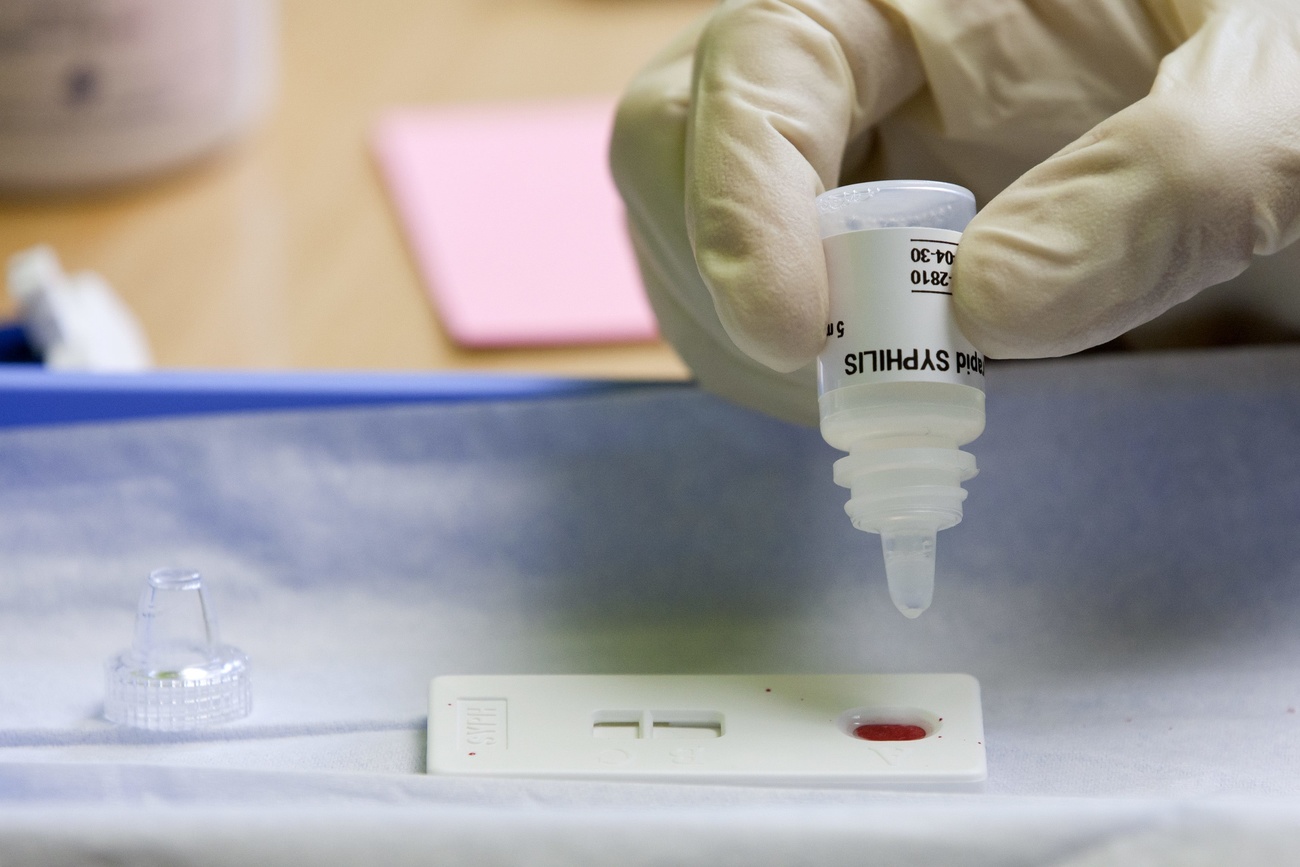
New study sheds light on syphilis origin riddle

University of Zurich paleogeneticists have uncovered signs that Europeans could have been infected with the sexually transmitted disease before the 15th century.
The exact origins of syphilis, which wreaked havoc in Europe from the late 15th to the 18th century, has been a mystery. The first cases of syphilis in Europe were reported at the end of the 15th century, which led to the theory that it was carried back from the New World by Christopher Columbus and his sailors.
Now a research team at the University of Zurich has found indications that Treponema pallidum, the bacteria behind the disease, already existed in Europe before Columbus set sail for America.
Their findings are based on genetic material taken from skeletons in Finland, Estonia and the Netherlands. The team used molecular dating of the ancient bacterial genomes and traditional radiocarbon dating of the samples to estimate the age of the pathogens.
“It seems that the first known syphilis breakout cannot be solely attributed to Columbus’ voyages to America,” said Verena Schünemann, professor of paleogenetics at the University of Zurich’s Institute of Evolutionary Medicine. She said that the strains may have co-evolved and interchanged genetic material before and during the intercontinental contacts.
“We may yet have to revise our theories about the origins of syphilis and other treponemal diseases.”
The research, published in the Current BiologyExternal link journal, also discovered a pathogen belonging to a new, unknown treponemal lineage that gives scientists reason to believe that the predecessor to syphilis could be over 2,500 years old.
“This unforeseen discovery is particularly exciting for us, because the lineage is genetically similar to all present treponemal subspecies, but also has unique qualities that differ from them,” says primary author Kerttu Majander from the University of Zurich.
Syphilis swept across the world in the 16th century as one of most prominent documented pandemics. Despite effective antibiotics, the Swiss federal health authorities report that the number of syphilis cases is increasing again worldwide.

In compliance with the JTI standards
More: SWI swissinfo.ch certified by the Journalism Trust Initiative




























You can find an overview of ongoing debates with our journalists here . Please join us!
If you want to start a conversation about a topic raised in this article or want to report factual errors, email us at english@swissinfo.ch.